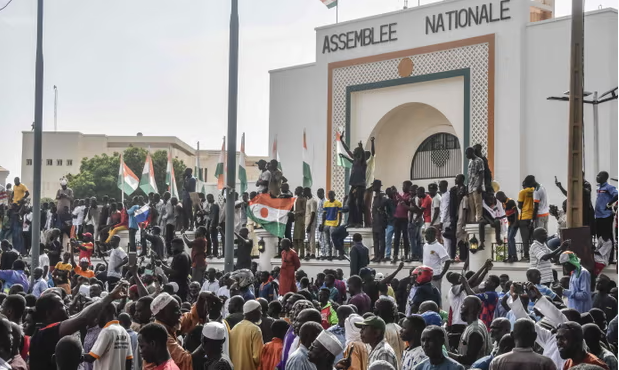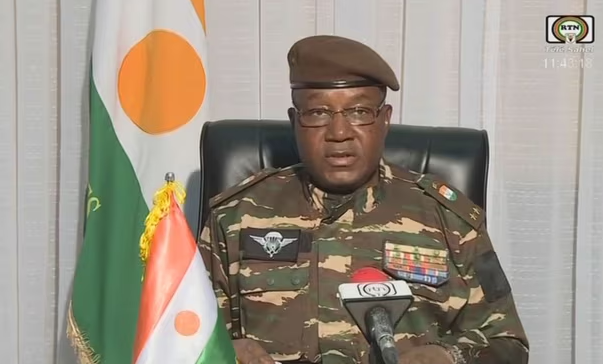The Niger’s coup has been considered stable in an unstable region.

According to today’s newsletter, the country is stable in an unstable region.
Antony Blinken, US secretary of state, visited Niger a few months ago and described it as a “model of democracy” in the region. Last week, as reports of a military coup emerged, those words seemed rather foolish. The presidential guard, which was supposed to protect democratically elected President Mohamed Bazoum, blockedaded the presidential palace early on Wednesday morning. Soldiers announced on state TV that they had removed the president, taken control of the government, and suspended the constitution. In a televised address on Friday, Gen Abdourahmane Tchiani declared himself the leader of Niger.
Niamey’s normally peaceful capital city was sparked by anti-coup protests, but the junta suppressed them swiftly and violently. There was a nationwide curfew and the borders were closed.
It was a bitter blow for western countries, particularly France and the US, who had viewed Niger as a reliable partner despite terrorism, violence and coups in the region. UN humanitarian operations in Niger were suspended and aid was halted, with Britain suspending its “long-term development assistance”. Because of Niger’s geopolitical importance to the west and Russia’s presence in the surrounding area, the situation is only further complicated.
This newsletter examines the fraught situation in Niger and the potential consequences of a military takeover of another country in the Sahel. After the headlines, that’s what happened.

During the coup, Gen Abdourahamane Tchiani, also known as Omar, was proclaimed head of Niger’s transitional government. Tchiani has been in charge of the presidential guard since 2011 – the group was tasked with protecting the president and guarding against military takeovers like the one they orchestrated.
In 2021, Bazoum, the man he was supposed to protect, won more than 55% of the vote. Since Niger’s independence in 1960, he was the first leader to come to power in a peaceful transition. During the previous government, he served as interior minister and right-hand man to former president Mahamadou Issoufou. Bazoum reportedly planned to reorganize the elite force, including removing Tchiani as head of the group – Tchiani clearly beat him to the punch.
After several days of silence regarding Bazoum’s well-being, it appears the presidential guard kept its word and did not harm him. Yesterday, an image emerged showing the leader smiling broadly with Chad’s president Mahamat Idriss Déby. Bazoum and the coup leaders met with Déby at Niamey’s presidential residence, where he is reportedly being held.
